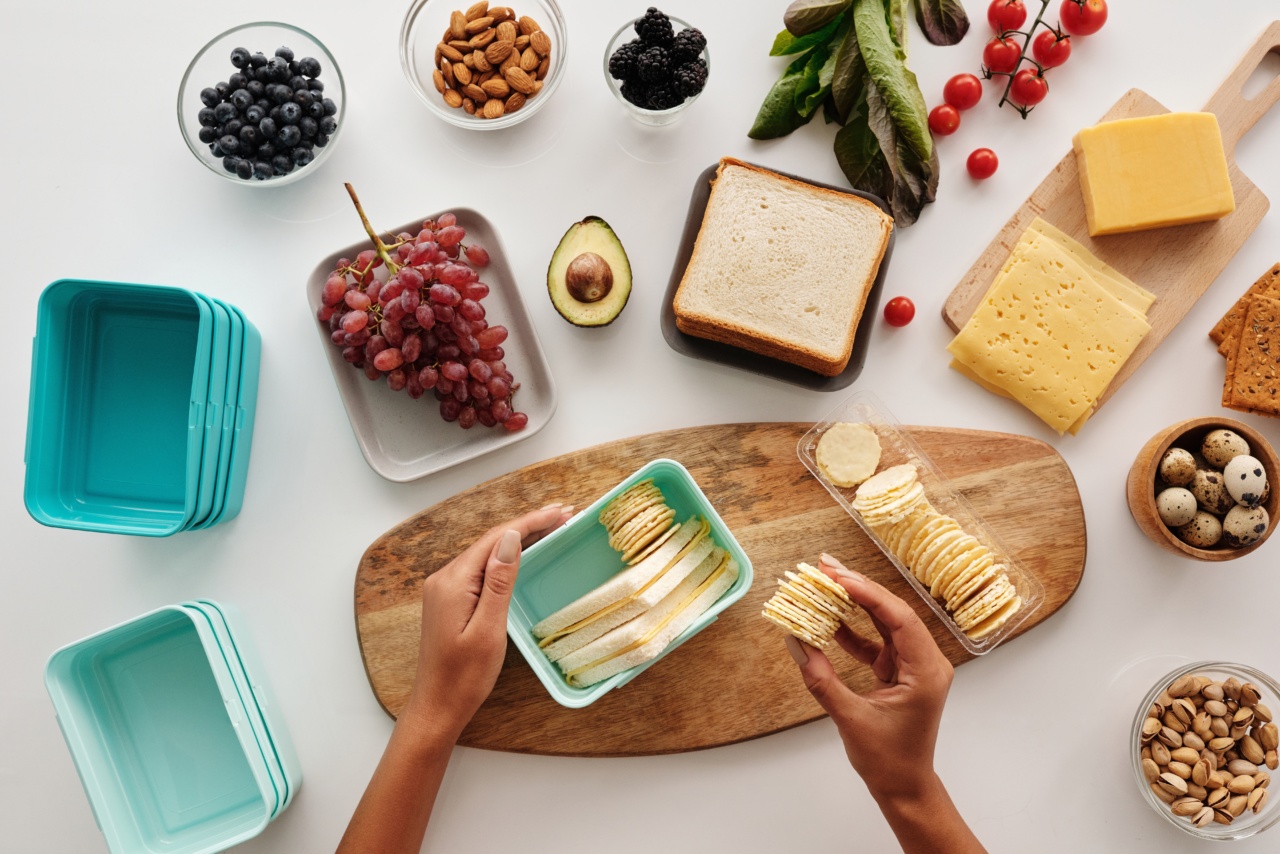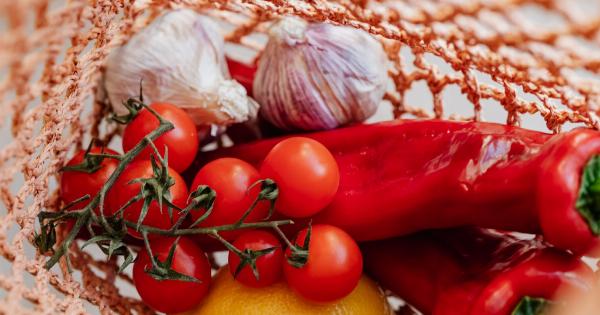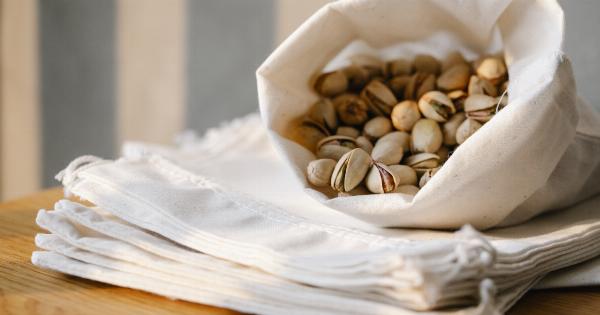Gout is a form of arthritis that occurs when there is a buildup of uric acid in the blood, leading to painful and swollen joints. Diet plays a crucial role in managing gout symptoms and preventing flare-ups.
Certain foods can help lower uric acid levels, while others can trigger an increase in uric acid production. In this article, we will discuss the foods that you should include and exclude from your diet if you have gout.
Foods to Include
1. Low-fat dairy products:.
Low-fat dairy products such as milk, yogurt, and cheese are great additions to a gout-friendly diet. They are high in calcium, which has been found to reduce the risk of gout.
Dairy products also contain proteins that may lower uric acid levels in the blood.
2. Cherries:.
Cherries have been shown to have anti-inflammatory properties and can help reduce gout symptoms. Whether you opt for fresh cherries or cherry juice, incorporating this fruit into your diet may help decrease uric acid levels and prevent gout attacks.
3. Whole grains:.
Replacing refined grains with whole grains like brown rice, whole wheat bread, and oats can be beneficial for individuals with gout. Whole grains are rich in fiber, which can help lower uric acid levels and reduce the risk of gout flare-ups.
4. Vegetables:.
Most vegetables are low in purines, the compounds that break down into uric acid.
Adding plenty of vegetables, such as spinach, broccoli, kale, and peppers, to your meals can provide essential nutrients without significantly increasing uric acid levels.
5. Legumes:.
Legumes, including beans, lentils, and chickpeas, are excellent sources of plant-based protein. They are low in purines and can be a healthy alternative to meat for individuals with gout.
Legumes also contain fiber, which aids in managing uric acid levels in the body.
6. Nuts and seeds:.
While some nuts, such as peanuts and cashews, should be limited due to their moderate purine content, others like almonds and flaxseeds are safe to consume. Nuts and seeds are rich in healthy fats and can be a great addition to a gout-friendly diet.
7. Berries:.
Similar to cherries, berries have anti-inflammatory properties and can help reduce gout symptoms. Strawberries, blueberries, and raspberries are all excellent choices that can be enjoyed in various ways, such as in smoothies, salads, or as a snack.
8. Water:.
Staying well-hydrated is crucial for managing gout. Drinking an adequate amount of water helps flush out excess uric acid from the body. Aim to consume at least eight cups of water per day, and consider increasing your intake during gout flare-ups.
9. Coffee:.
Good news for coffee lovers! Studies have shown that coffee consumption is associated with a reduced risk of gout. Coffee contains compounds that may lower uric acid levels and decrease the likelihood of developing gout or experiencing gout attacks.
10. Olive oil:.
Replacing unhealthy saturated and trans fats with heart-healthy fats like olive oil can benefit individuals with gout. Olive oil has anti-inflammatory properties and may help reduce the risk of gout attacks.
Foods to Exclude
1. Red meat:.
Red meats, like beef, lamb, and pork, are high in purines and can trigger gout attacks. Limiting your intake of red meat or opting for leaner cuts can help reduce uric acid levels and minimize the risk of flare-ups.
2. Seafood:.
Certain types of seafood, such as anchovies, sardines, mussels, shrimp, and scallops, contain high levels of purines. These purines can increase uric acid production and should be avoided if you have gout.
3. Organ meats:.
Organ meats, including liver, kidneys, and sweetbreads, are extremely high in purines and should be excluded from a gout-friendly diet. These meats can significantly raise uric acid levels and lead to gout flare-ups.
4. Sugar-sweetened beverages:.
Sugar-sweetened beverages like sodas and fruit juices are associated with an increased risk of gout. These drinks are high in fructose, which can raise uric acid levels. Opt for water, herbal tea, or unsweetened drinks instead.
5. Alcohol:.
Alcohol, particularly beer and liquor, can promote uric acid production and trigger gout attacks. It also interferes with the elimination of uric acid from the body. It’s best to avoid or limit alcohol consumption if you have gout.
6. High-fructose corn syrup:.
High-fructose corn syrup is a common sweetener found in various processed foods and beverages. It has been linked to an increased risk of gout. To manage gout symptoms, avoid foods and drinks with high-fructose corn syrup.
7. Yeast-rich foods:.
Foods containing yeast or yeast extracts, such as certain bread, beer, and processed food products, may worsen gout symptoms. They can increase uric acid levels in the body, so it’s best to steer clear of them.
8. Sodium-rich foods:.
Limiting your sodium intake is important for managing gout as high sodium levels can lead to increased uric acid levels. Avoid processed and canned foods, as they often contain high amounts of sodium.
9. Fried foods:.
Foods that are deep-fried or cooked in unhealthy oils should be avoided if you have gout. These foods can promote inflammation and worsen gout symptoms. Opt for healthier cooking methods, such as baking, grilling, or steaming.
10. Excessive caffeine:.
While moderate coffee consumption can be beneficial for individuals with gout, excessive caffeine intake can have the opposite effect. It may increase uric acid levels, so it’s essential to moderate your caffeine intake from various sources.





























